This year, we proved that remote trainings can be great.
Through our International Ocean Acidification Initiative, The Ocean Foundation runs training workshops that give scientists hands-on experience measuring changing ocean chemistry. In a standard year, we may run two large workshops and support dozens of scientists. But this year is not standard. COVID-19 has halted our ability to conduct in person training, but ocean acidification and climate change haven’t slowed down. Our work is just as needed as ever.
Coastal Ocean and Environment Summer School in Ghana (COESSING)
COESSING is a summer school on oceanography that has been running in Ghana for five years. Normally, they have to turn away students due to physical space constraints, but this year, the school went online. With an all-online course, COESSING became open to anyone in West Africa who wanted to improve their oceanography skills, as there were no physical space limits to speak of.
Alexis Valauri-Orton, Program Officer at The Ocean Foundation, took the opportunity to create an ocean acidification course and recruit fellow experts to help lead the sessions. The course ultimately consisted of 45 students and 7 trainers.
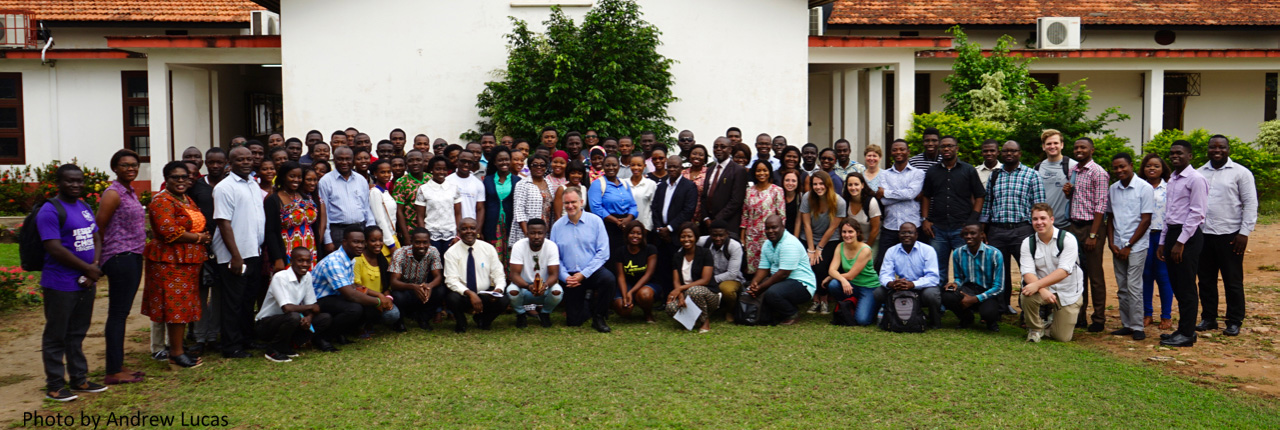
The course designed for COESSING allowed students brand new to oceanography to learn about ocean acidification, while also creating opportunities for advanced research design and theory. For the newcomers, we uploaded a video lecture from Dr. Christopher Sabine on the basics of ocean acidification. For those more advanced, we provided YouTube links to Dr. Andrew Dickson’s lectures on carbon chemistry. In live discussions, it was great to take advantage of the chat boxes, as it facilitated research discussions between participants and world experts. Stories were exchanged and we all gained understanding of common questions and goals.
We held three 2-hour discussion sessions for participants of all levels:
- The theory of ocean acidification and carbon chemistry
- How to study the effects of ocean acidification on species and ecosystems
- How to monitor ocean acidification in the field
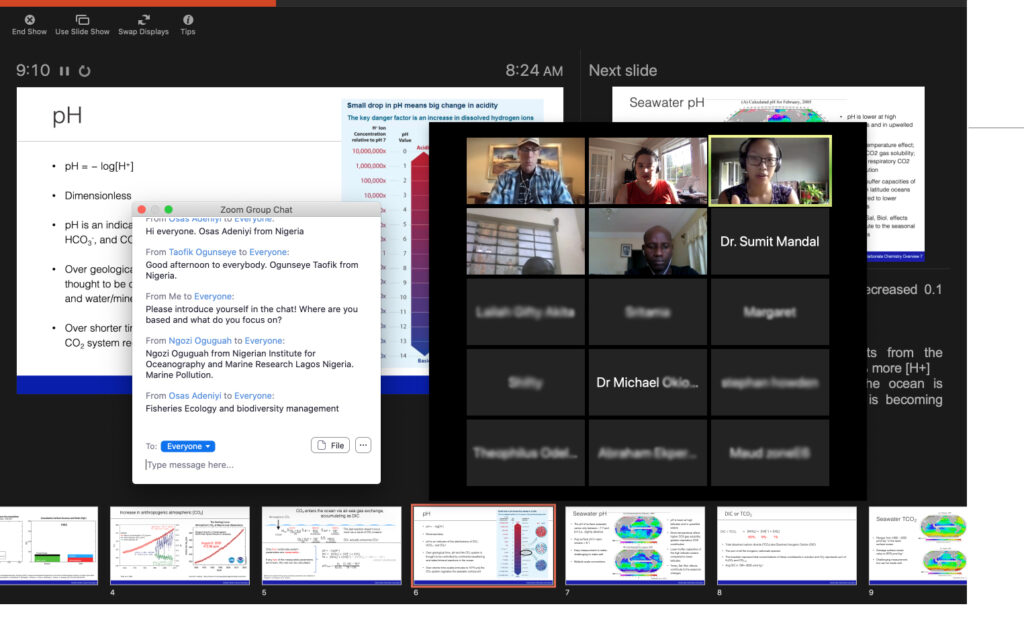
We also selected six research groups to receive 1:1 coaching from our trainers and we continue to provide those sessions now. In these custom sessions, we help groups define their goals and how to reach them, whether by coaching them on repairing equipment, assisting with data analysis, or providing feedback on experimental designs.
We are extremely grateful for your support.
You make it possible for us to continue to meet the needs of scientists around the world, no matter the circumstances. Thank you!
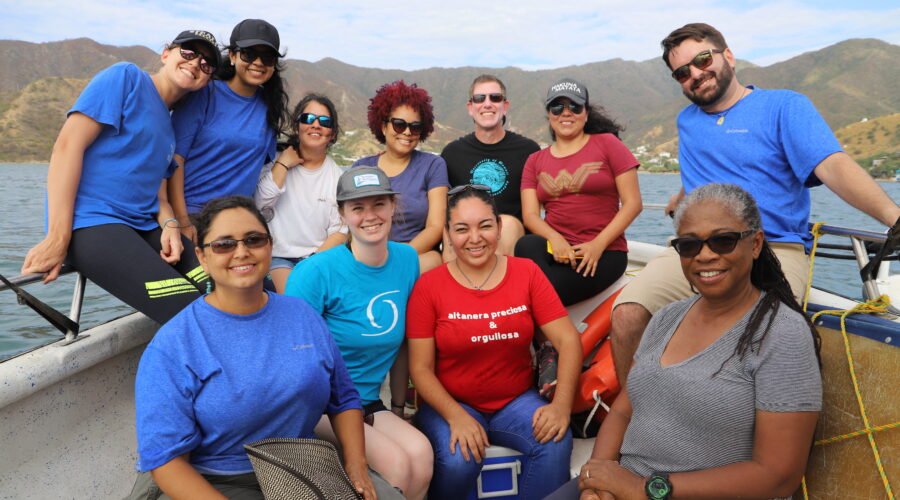
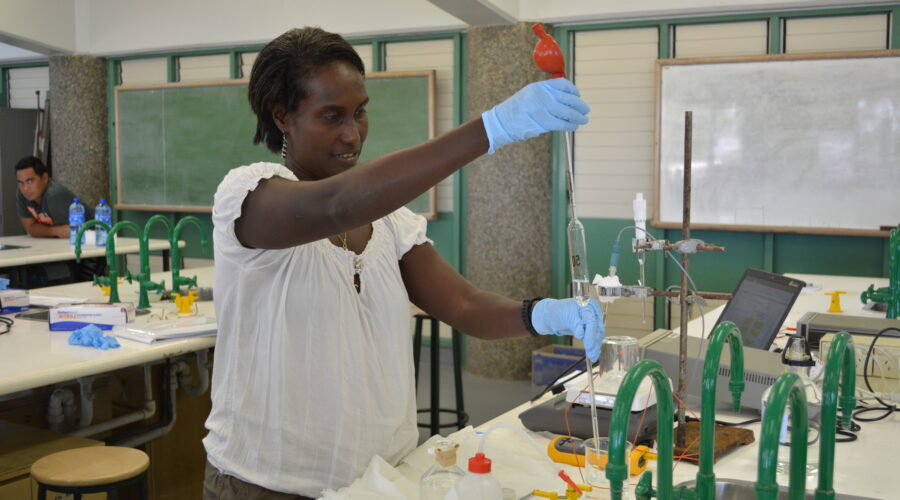
“I was able to leverage more funds to expand the availability of sensors to other places in South Africa, and am now serving as advisor on their
Carla Edworthy, South Africa, Past Training Participant
deployment. Without TOF, I wouldn’t have had the funding or equipment to do any of my research.”
More from the International Ocean Acidification Initiative
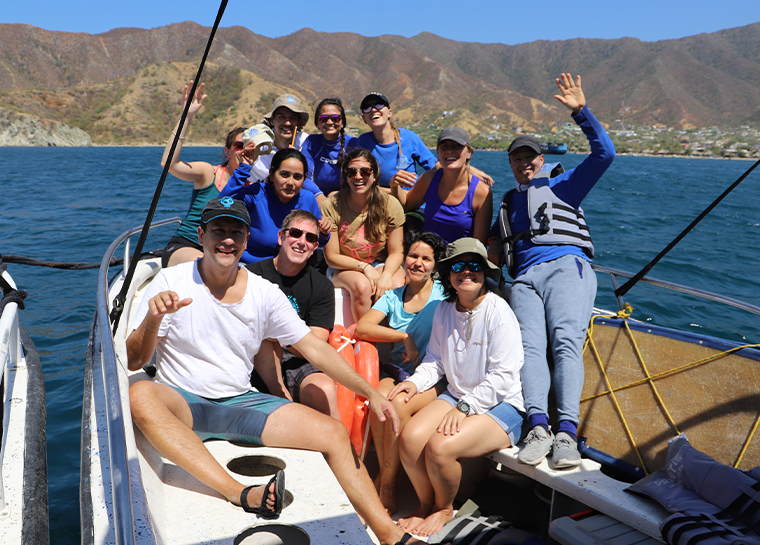
International Ocean Acidification Initiative
Project Page
Learn about ocean acidification and how this initiative at The Ocean Foundation is building capacity to monitor and understand changing ocean chemistry.
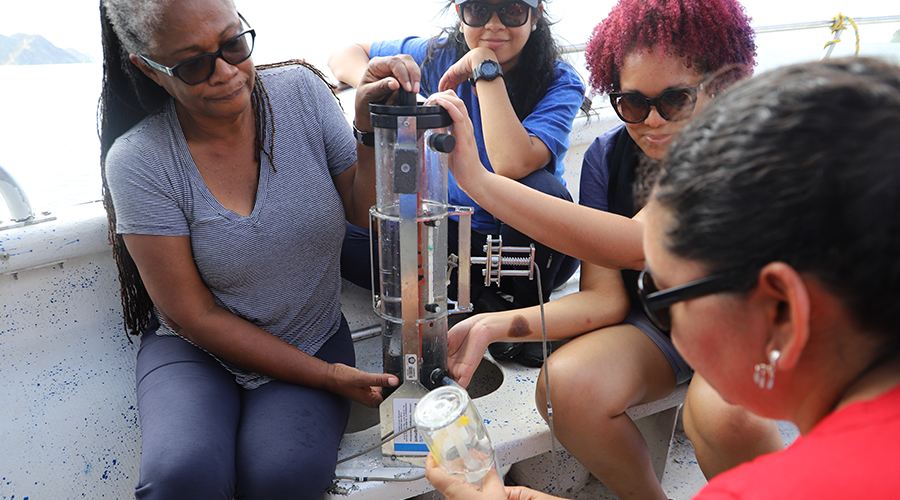
Ocean Acidification Research Page
Research Page
We have compiled the best resources about ocean acidification, including videos and recent news.
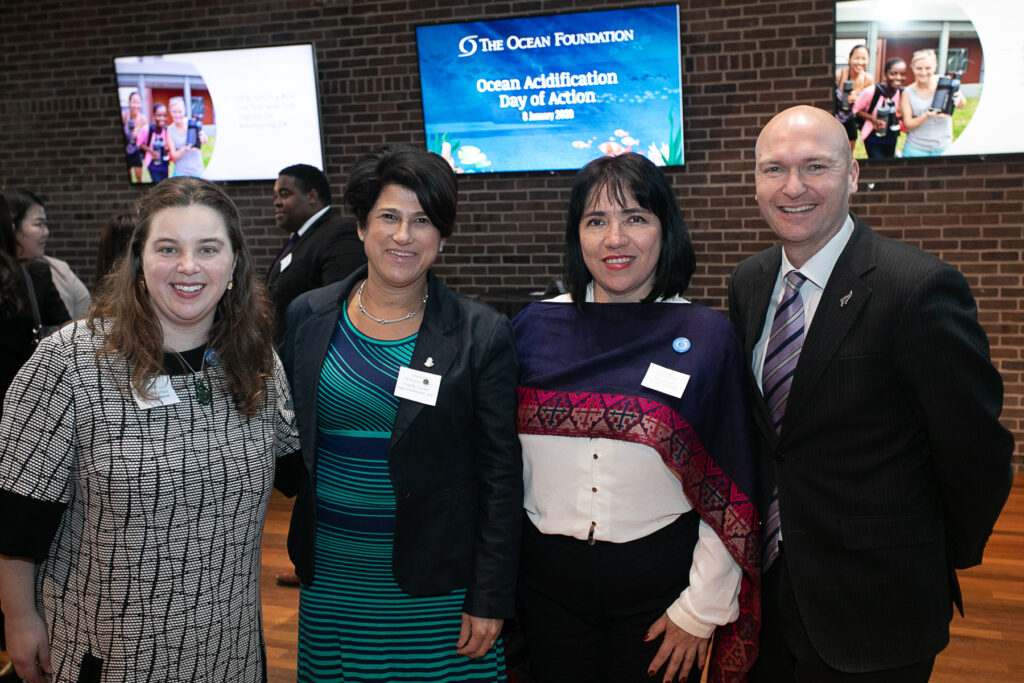
Ocean Acidification Day of Action
News Article
January 8th is Ocean Acidification Day of Action, where government officials convene to discuss international collaboration and measures that are successful in tackling ocean acidification.



